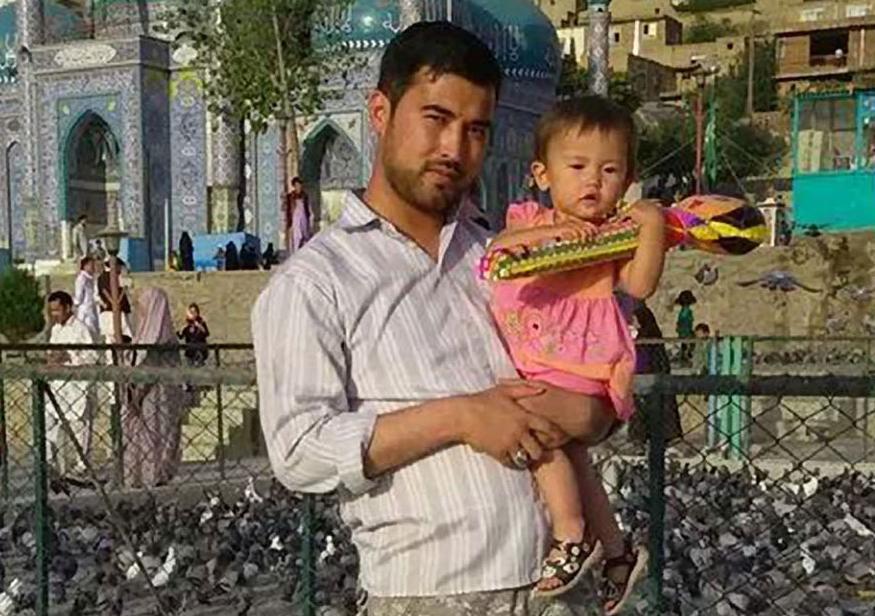Some of the anticipated thousands of refugees from Afghanistan’s emergency evacuation of workers who have aided American military will resettle in Colorado and Colorado Springs, but it’s too early to tell when and how many, officials said Wednesday.
But the state’s three authorized resettlement agencies are expecting an influx, representatives said during a video call Wednesday.
“We’re not sure about the timetables of when people will arrive, but we’re ramping up to get ready,” said Jaime Koehler Blanchard, director of community and economic empowerment programs at Lutheran Family Services Rocky Mountains, which has offices in Denver, Greeley, Fort Collins and Colorado Springs.
Colorado “stands ready to provide safety and opportunity to Afghan refugees and special immigrant visa holders,” Gov. Jared Polis wrote in a letter sent to President Joe Biden on Wednesday.
The Ethiopian Community Development Council/African Community Center in Denver expects 40 people initially, said Ron Buzard, managing director.
“We’re just waiting to hear back,” he said, adding that their travel plans have not been confirmed.
Colorado has been receiving Afghans for several years, Buzard said.
Of the state’s 185 arrivals of new refugees, special immigrant visa holders and Amerasians from Oct. 1, 2020, through June 30, 40.5% came from Afghanistan, according to data from the Colorado Department of Human Services, which oversees the refugee and asylum program.
Also, more than one-quarter of the 96 refugees and other arrivals who relocated to Colorado over the past eight months from other states originally were from Afghanistan, statistics show.
Lutheran Family Services, the main resettlement agency in southern Colorado, has accepted five cases of Afghan refugees since June 1, of which three have been sent to the Colorado Springs office, Blanchard said.
“Our Colorado Springs office has resettled quite a bit of paperwork, but what we’re looking at now is different,” she said. “The timelines will be compressed.”
Also, while many Afghans have passports, they are stuck waiting flights out, she said.
Colorado Springs is appealing to Afghan refugees because some have relatives or friends at military installations in the city, who can further help them with rebuilding their lives in a new country, Blanchard said.
The International Rescue Committee, the third Colorado agency that contracts with the state to provide refugee services, doesn’t have an anticipated number yet of new Afghan refugees, a spokeswoman said.
Denver is among the top five cities in the nation that will be receiving families from this round of Afghan resettlement, Buzard said.
Some Afghan refugees landed in Denver on Tuesday, the Colorado Department of Human Services indicated.
Services provided to Afghan refugees in Colorado will be the same as those the organization provides to all refugees and asylum seekers, agency representatives said, including being picked up at the airport, getting settled with a place to live, learning to speak English through classes, finding a job, receiving social and psychological support, being schooled in American culture and Colorado ways and other assistance.
If they qualify under the rules of refugee status for certain types of government assistance programs, such as food stamps or Medicaid, refugees work with the local Department of Human Services office, said Kristina Iodice, spokeswoman for the El Paso County agency.
Otherwise, county-level offices don’t have a large role in providing help, she said.
But most of the new arrivals probably will enter the immigration process and not be eligible for refugee benefits, officials said.
The first 90 days are considered the resettlement period, Buzard said. Refugees typically find jobs within the first six months to a year after arriving, Blanchard said, but they can receive support for up to five years.
With Colorado’s high rent prices, housing is a “chief challenge,” Buzard said, but organizations are working on solutions such as Airbnb rentals and other public-private partnerships.
This content was originally published here.

